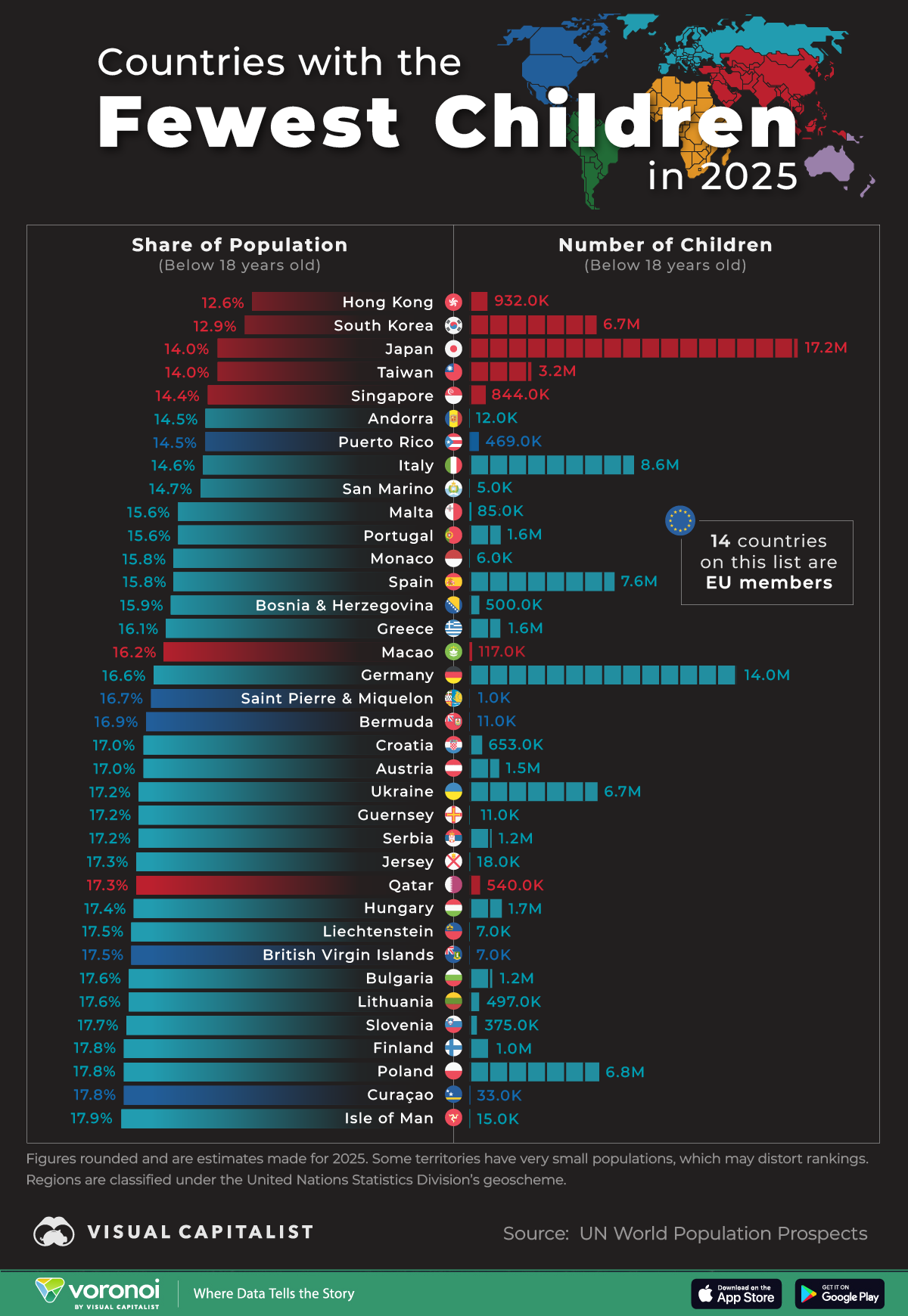
Yes, it is indeed possible for twins to have different fathers, a phenomenon referred to as heteropaternal superfecundation. This occurs when a woman releases multiple eggs during ovulation and engages in s£xual intercourse with different partners within a short time frame. If each partner's sperm fertilizes a distinct egg, the outcome is fraternal twins with different biological fathers.
In contrast to identical (monozygotic) twins, who originate from a single fertilized egg, fraternal (dizygotic) twins develop from two separate eggs fertilized by two different sperm. The timing of ovulation plays a crucial role in heteropaternal superfecundation, as the eggs must be released close enough together for both to be fertilized during the same menstrual cycle.
To confirm the presence of different biological fathers in such cases, genetic testing, specifically DNA analysis, is typically employed. This testing compares the genetic markers of the twins to determine their relatedness and can provide conclusive evidence of heteropaternal superfecundation


















Comments